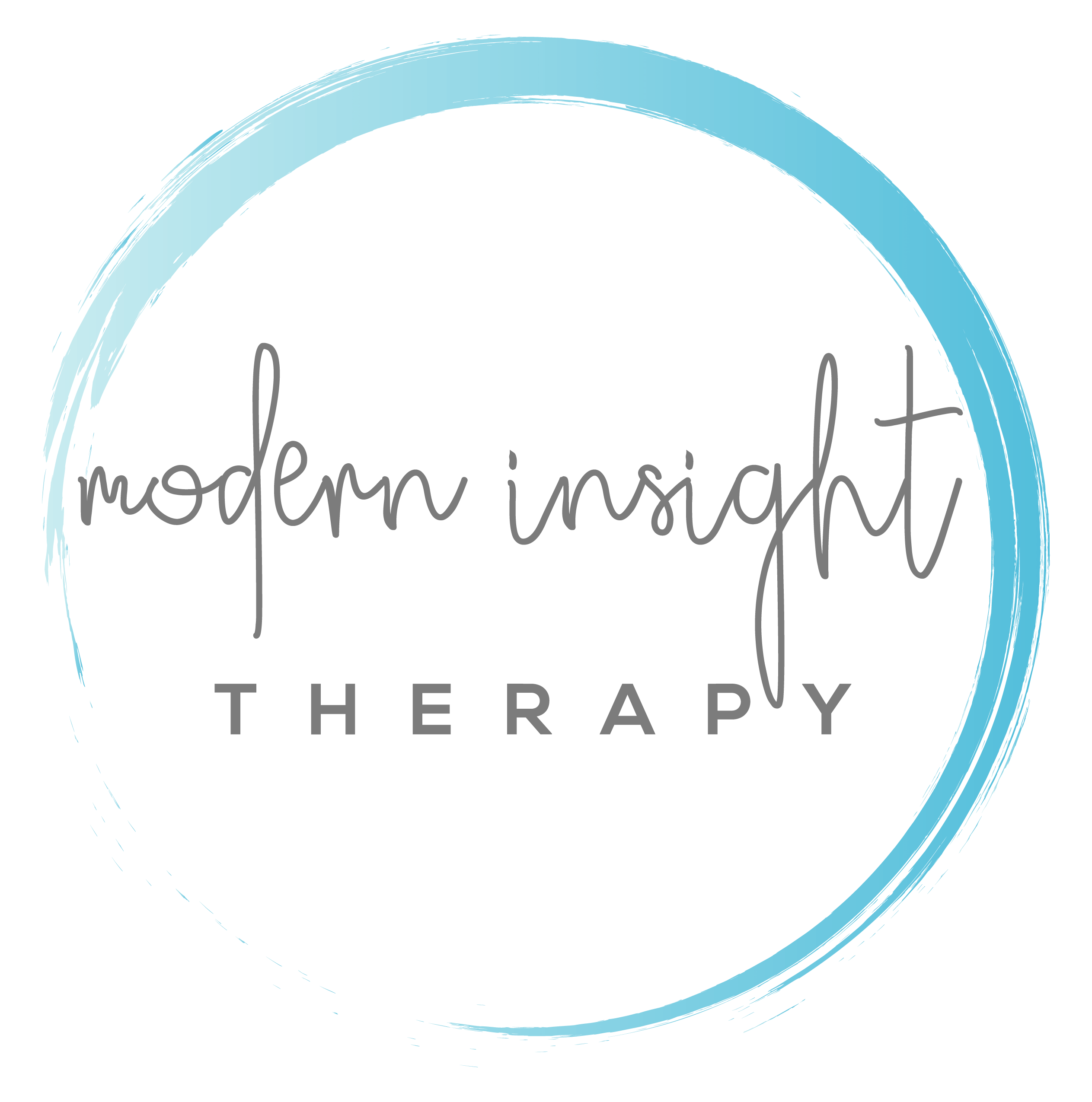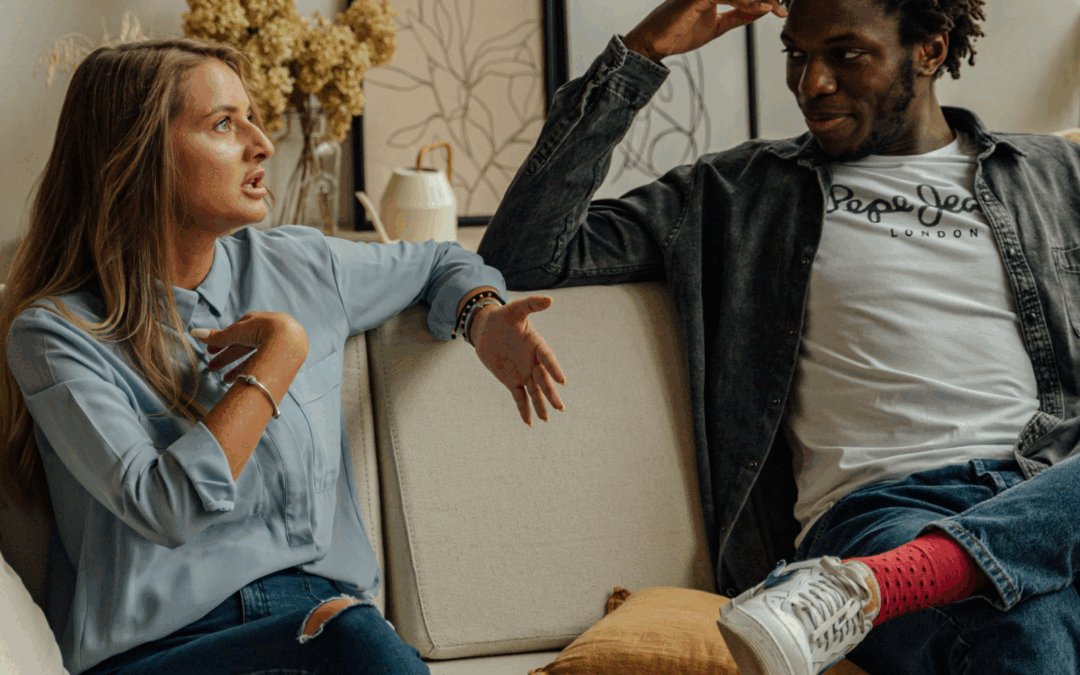For generations, Black men have been expected to hold it all together. Be strong. Be silent. Be unshakable. But the truth is—mental health doesn’t care about stereotypes. And the silence around Black men’s mental health? It’s costing lives.
Let’s break it down: Black male mental health statistics tell a story of underreporting, stigma, and systemic barriers. But more importantly, they point to an urgent need for change.
What percentage of Black men suffer from mental health issues?
According to the U.S. Department of Health and Human Services, around 18.6% of Black adults experience mental illness. That’s over 7 million people, and Black men make up a significant portion of that number.
But here’s the issue: Black men are far less likely to report symptoms or seek help, so the actual percentage is likely much higher. Data shows that less than 30% of Black men with a mental illness receive care, compared to 46% of white men. The pain is real—even when it’s invisible.
The Mental Health Challenges Black Men Face
Black men face mental health struggles shaped by racial trauma, generational stress, and cultural expectations. Depression, anxiety, PTSD, and chronic stress are common—yet often overlooked or misdiagnosed.
Instead of seeking support, many Black men learn to suppress their emotions, fearing judgment or rejection. And when they do ask for help, they may be met with misunderstanding or providers who lack cultural awareness.
What is the stigma of mental health in Black men?
The stigma is deeply rooted in messages like:
-
“Man up.”
-
“Pray about it.”
-
“Therapy is for broken people.”
For generations, Black men have been told to stay strong, not speak up, and never show “weakness.” The result? Emotional isolation, suppressed trauma, and untreated mental health issues.
This stigma is reinforced by:
-
Cultural beliefs about masculinity
-
Mistrust in medical and mental health systems
-
Lack of Black male therapists or culturally competent care
But silence isn’t strength. Healing is.
What race has the highest mental health rate?
Statistically, Multiracial and Indigenous communities report the highest rates of mental illness:
-
Multiracial adults: ~33.9%
-
American Indian/Alaska Native adults: ~26.6%
-
White adults: ~24.4%
-
Black adults: ~18.6%
But numbers don’t tell the full story. Black men’s struggles are often underreported due to stigma and access barriers. Just because fewer Black men are in therapy doesn’t mean fewer are struggling.
How Mental Illness Looks Different in Black Men
Mental illness doesn’t always show up as sadness or tears. For Black men, it might look like:
-
Irritability or sudden anger
-
Overworking or withdrawing
-
Chronic fatigue or physical aches
-
Numbing out with substances or screens
Because of this, signs of depression and anxiety often go unnoticed—or get brushed off as “just stress.”
What are the statistics on men’s mental health overall?
When we zoom out, mental health among men is alarming across all backgrounds:
-
1 in 10 men experience anxiety or depression annually
-
Men are 4x more likely than women to die by suicide
-
Suicide rates among young Black men (15–24) have doubled over the last 20 years
-
Most men don’t seek help until they’re in crisis
Men often express emotional distress through anger, workaholism, or substance use. It’s time to shift the narrative—mental health support isn’t a luxury, it’s a necessity.
Representation Matters
Let’s be honest: Therapy is more effective when you feel seen and understood.
Finding a therapist who shares your cultural background—or deeply understands it—can make all the difference. At Modern Insight Therapy, we believe in care that reflects your lived experience.
Meet Owin, a licensed Black therapist who specializes in working with Black men navigating anxiety, depression, and identity. Whether you’re carrying trauma, burnout, or just feel emotionally stuck, you don’t have to carry it alone.
Therapy = Strength, Not Weakness
We’re rewriting the script. Therapy isn’t about being broken. It’s about choosing growth, healing, and long-term peace. It’s about doing the hard, powerful work of unlearning silence and choosing yourself.
Mental health is just as important as physical health. If your body was in pain, you’d see a doctor—so why wait to care for your emotional health?
The First Step Is Reaching Out
You don’t have to have it all figured out. You just have to start.
At Modern Insight Therapy, we offer support that honors your identity, your story, and your goals. Whether you’re looking for a Black male therapist, culturally competent care, or just someone to talk to—we’ve got you.
Take the first step today. You deserve to feel whole, supported, and empowered.
Looking for further support? Get started with Modern Insight Therapy.

